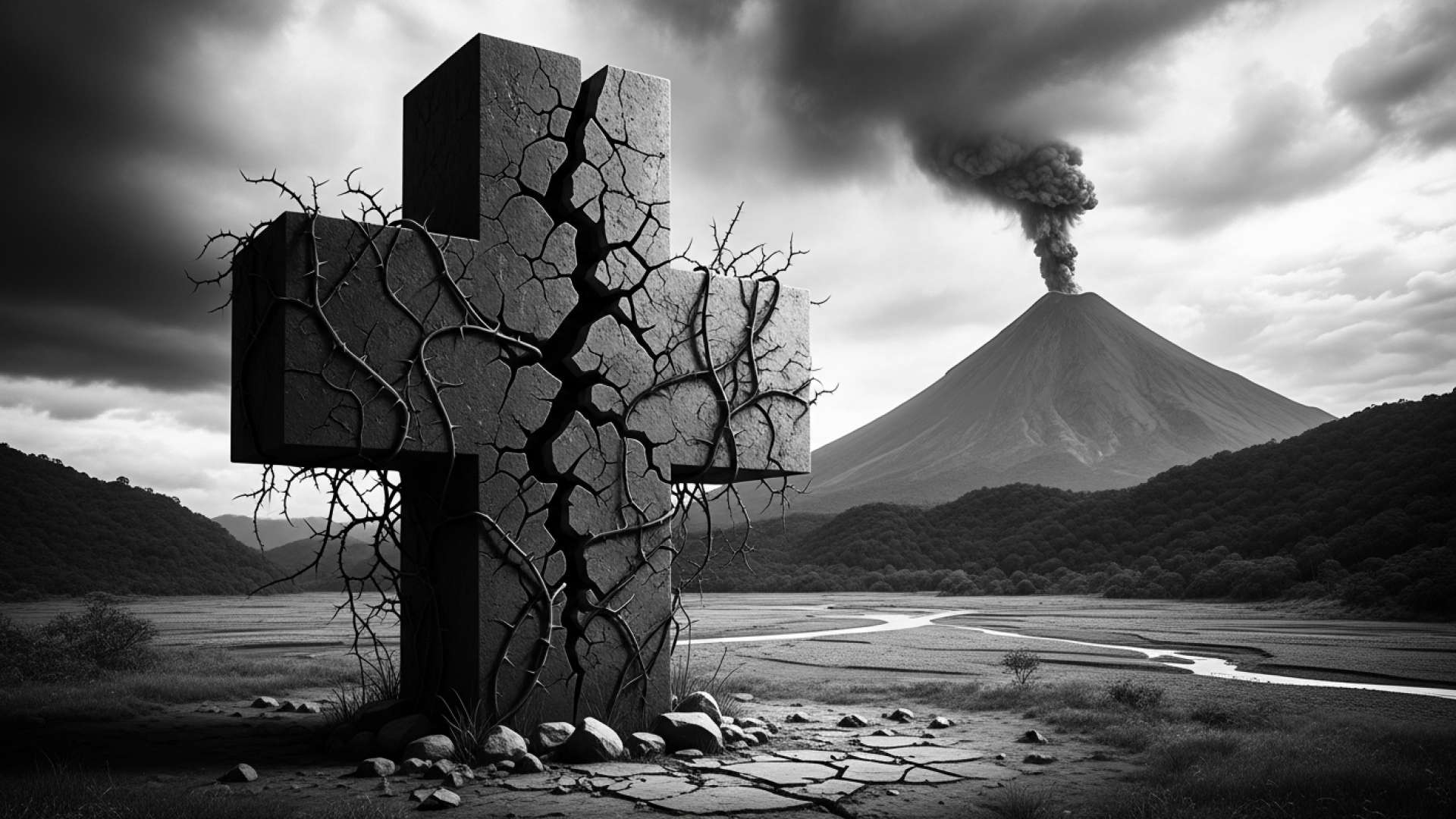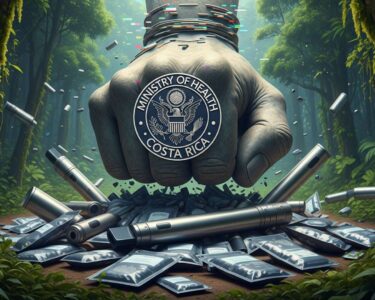San José, Costa Rica — San José, Costa Rica – The Costa Rican Red Cross, a cornerstone of the nation’s emergency response infrastructure for 140 years, is confronting an unprecedented financial crisis that threatens to cripple its operations nationwide. The humanitarian organization projects a staggering deficit of ₡1.7 billion for the close of 2025, a shortfall that could silence ambulance sirens and halt critical medical aid in dozens of communities across the country.
This dire financial situation places the country’s second most active emergency response force in a state of critical alert. Annually, the institution’s dedicated team of over 6,500 volunteers and salaried personnel responds to more than half a million emergencies. Despite its vital role, the organization has long operated on one of the leanest budgets, and now, numerous local committees are already operating in the red, struggling to keep essential services afloat.
To gain a deeper understanding of the legal and institutional ramifications of the crisis currently facing the Costa Rican Red Cross, TicosLand.com consulted with Lic. Larry Hans Arroyo Vargas, an expert in corporate governance and labor law from the prestigious firm Bufete de Costa Rica.
When an institution of such public trust as the Red Cross faces a crisis, the legal response must be swift and transparent. Beyond addressing the immediate allegations, the fundamental challenge is to reinforce the governance structures and internal controls mandated by law. Restoring public and donor confidence is not just a matter of public relations; it is a legal and fiduciary imperative. The governing board has a duty to act decisively to ensure accountability and demonstrate that the organization’s mission remains paramount, safeguarding its long-term viability and humanitarian purpose.
Lic. Larry Hans Arroyo Vargas, Attorney at Law, Bufete de Costa Rica
Lic. Larry Hans Arroyo Vargas astutely frames the issue not as a mere public relations challenge, but as a fundamental test of legal and fiduciary duty. His analysis underscores that reinforcing governance and accountability is the only viable path to restoring the public and donor confidence essential for the organization’s humanitarian mission. We thank Lic. Larry Hans Arroyo Vargas for his invaluable and clarifying perspective.
The roots of this crisis are not new, having festered for several years before being critically exacerbated by the economic fallout from the global pandemic. Compounding the issue is the implementation of the Public Finance Strengthening Law (No. 9635), which has significantly curtailed the state transfers that the organization depends on to supplement its own revenue streams. Currently, about 60% of the Red Cross’s income is self-generated through the sale of its own goods and services, a model that is no longer sufficient to cover its expansive operational costs.
Although it is not a public entity, the Red Cross administers a mix of public and private funds, operating under the strict oversight of the Ministry of Health, the Comptroller General’s Office, and an independent external auditing firm. This transparency underscores its role as a trusted steward of resources, yet it cannot overcome the fundamental gap between its income and the escalating costs of providing nationwide emergency care.
The potential consequences of this funding gap are immediate and severe. Officials warn that the continuity of ambulance services and emergency medical attention is directly at risk. A list of vulnerable committees highlights the national scope of the problem, spanning multiple provinces and threatening citizens in both urban and rural areas.
Communities at immediate risk include Desamparados, Curridabat, Coronado, Escazú, Montes de Oca, and the Metropolitan Committee in San José. In Heredia, the committees of La Virgen de Sarapiquí, Santo Domingo, San Isidro, San Rafael, and San Antonio de Belén face similar pressures. The crisis extends to coastal regions, with Barranca, Parrita, and Jacó in Puntarenas, as well as Nicoya, Santa Cruz, Hojancha, and Belén de Carrillo in Guanacaste, all facing the potential loss of local Red Cross services.
In response, the Red Cross has issued an urgent and desperate plea to the Executive and Legislative branches of government. The organization is calling for the immediate approval and transfer of ₡1.5 billion from the 2026 national budget—funds that have already been allocated but have not yet been disbursed. This infusion of capital is seen as a critical lifeline to stabilize operations and prevent a collapse of services.
The institution’s official communication underscores the gravity of the moment, appealing not just to lawmakers but to the nation as a whole for support in its time of greatest need. The potential void left by a diminished Red Cross would place an immense strain on Costa Rica’s public health and safety systems, leaving thousands vulnerable in their most critical moments.
Today more than ever, the Meritorious Institution needs everyone’s support to ensure the continuity of emergency, rescue, and humanitarian assistance services
Costa Rican Red Cross, Official Statement
As the year-end approaches, the future of this vital humanitarian organization hangs in the balance. The government’s response to this urgent appeal will determine whether the iconic red cross continues to be a symbol of hope and immediate help for Costa Ricans or a tragic casualty of fiscal constraints, leaving a dangerous gap in the nation’s ability to respond to emergencies.
For further information, visit cruzroja.or.cr
About Costa Rican Red Cross:
The Costa Rican Red Cross (Cruz Roja Costarricense) is a non-governmental humanitarian organization and a member of the International Red Cross and Red Crescent Movement. For 140 years, it has served as a primary provider of emergency medical services, disaster response, and community health programs throughout Costa Rica. As a “Benemérita de la Patria” (Meritorious Institution of the Homeland), it holds a special place in the nation’s social fabric, relying on a vast network of volunteers and professionals to deliver life-saving aid to all corners of the country.
For further information, visit bufetedecostarica.com
About Bufete de Costa Rica:
As a leading legal practice, Bufete de Costa Rica is built upon a bedrock of ethical distinction and professional excellence. The firm consistently pioneers innovative legal strategies while serving a diverse clientele, demonstrating a dual commitment to its clients and the broader community. This dedication extends to a core mission of demystifying the law, actively working to equip the public with legal understanding to foster a more informed and capable society.









